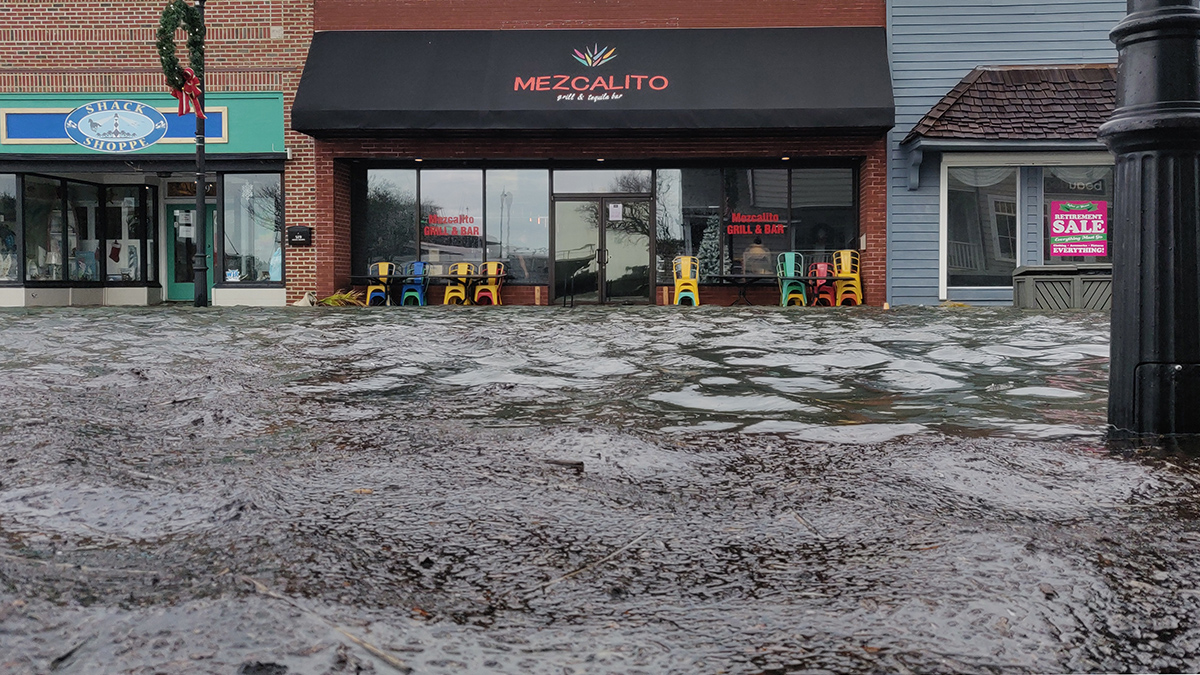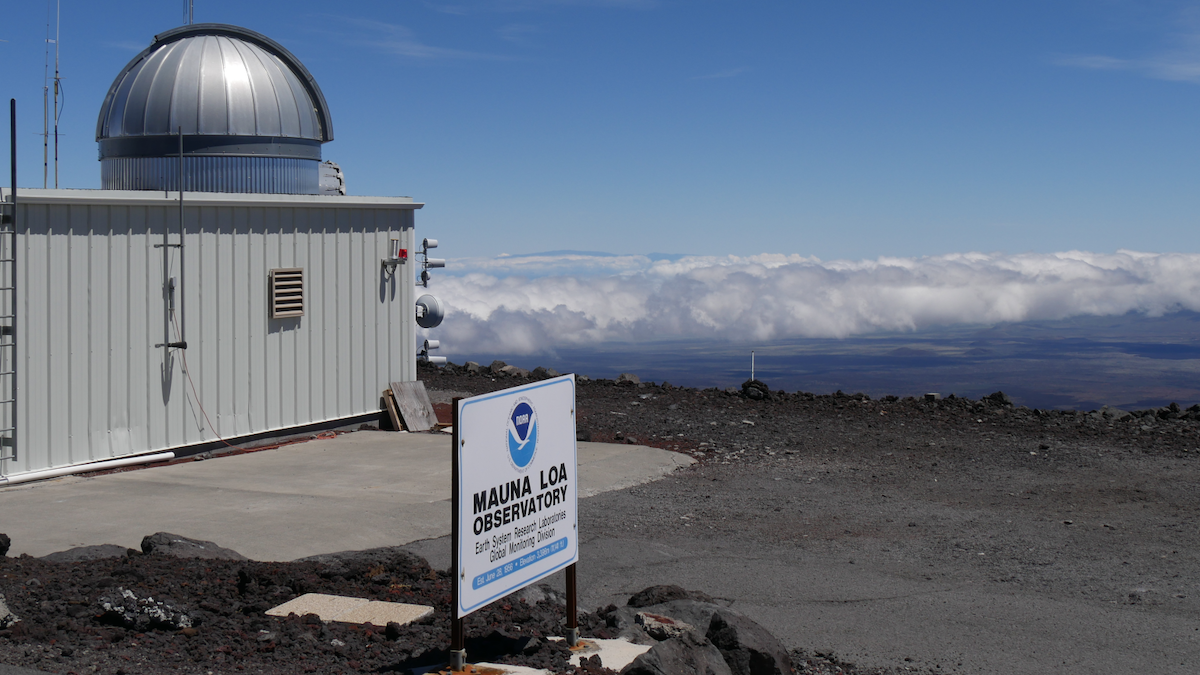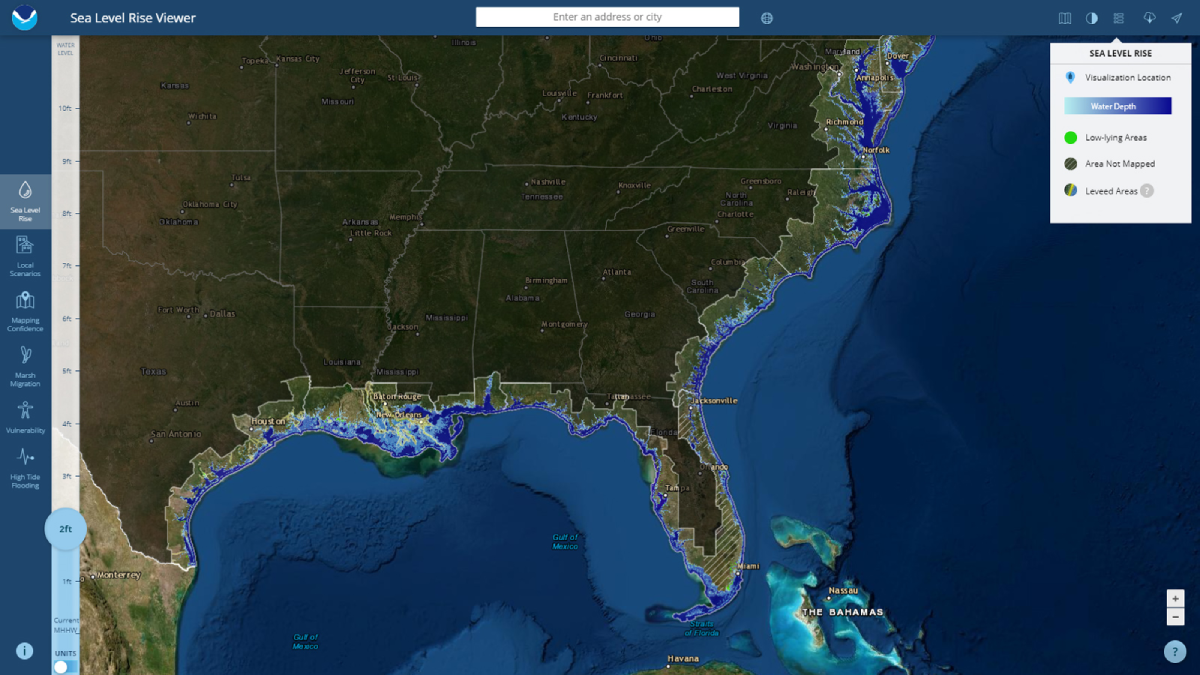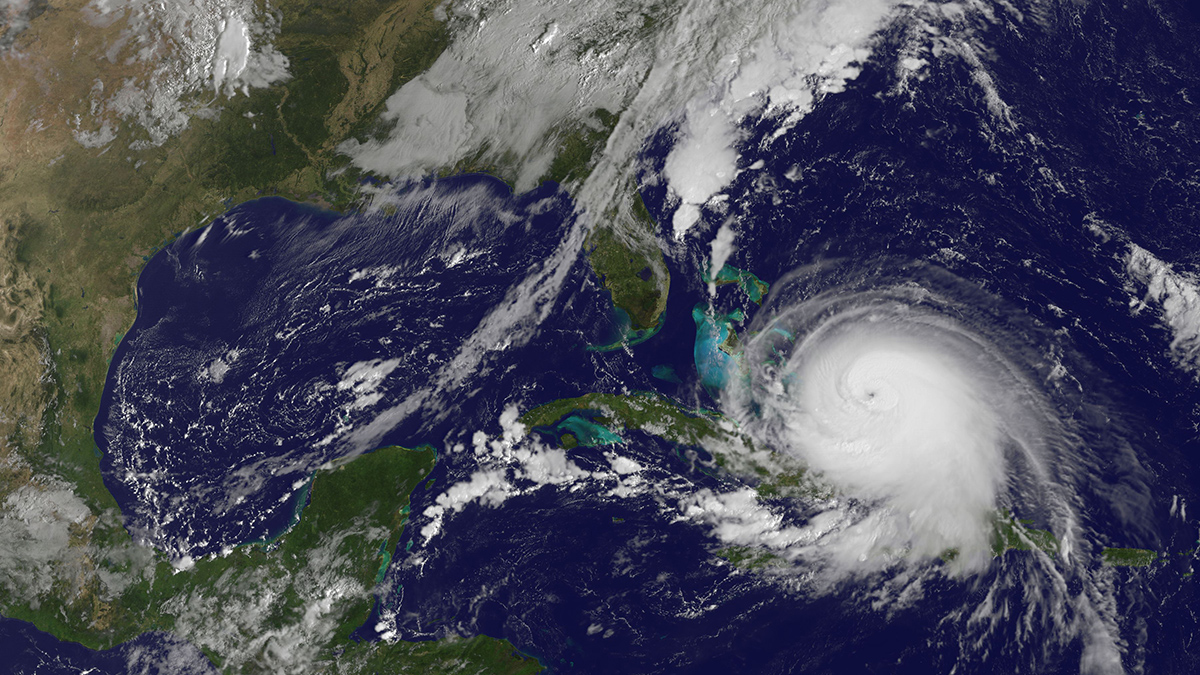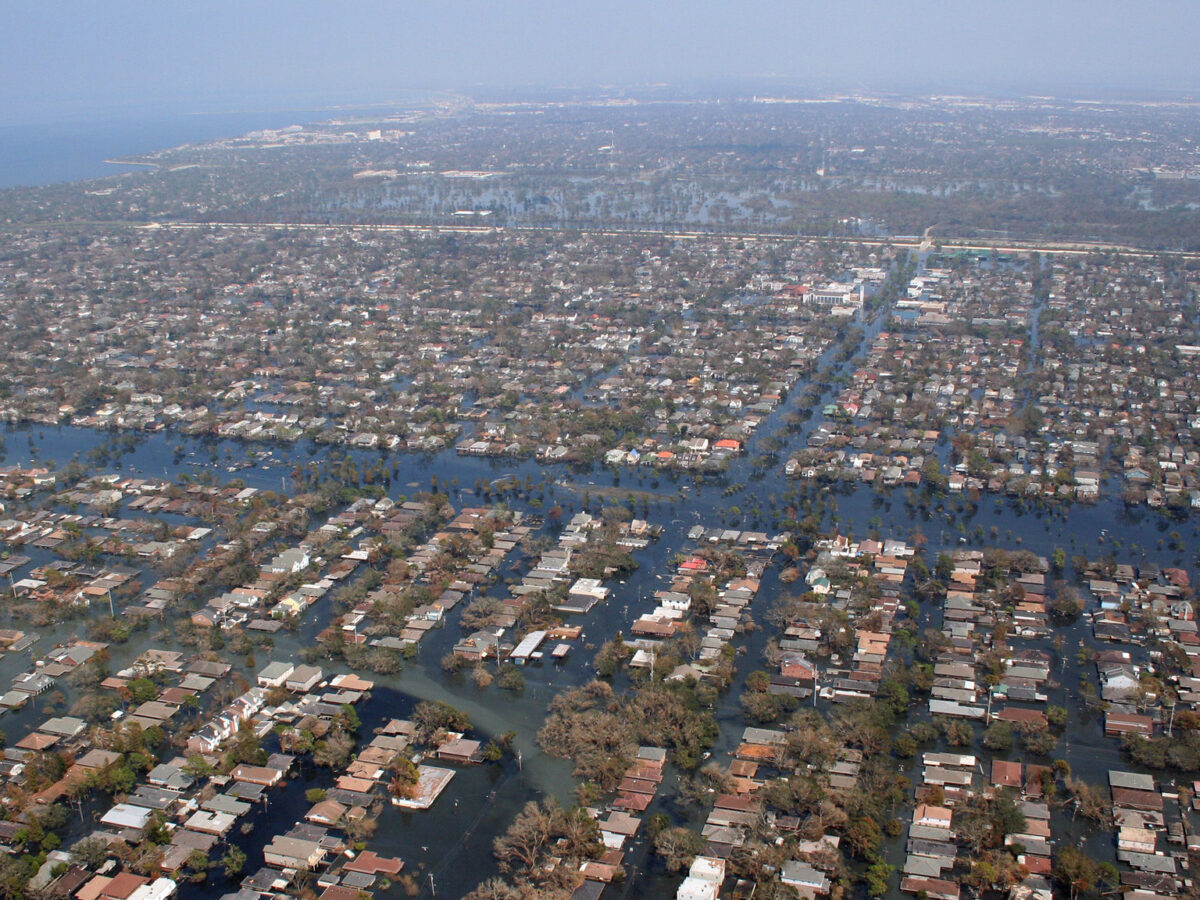Federal flood measurements often don’t match what people see in their communities. Scientists have created a hyperlocal solution.
NOAA
There’s a New Record for the Longest Lightning Flash
515 miles—roughly the distance from Washington, D.C. to Detroit, one-third the length of the Colorado River, and now, the longest lightning bolt ever recorded.
That’s right: A new analysis of satellite data has revealed that a 22 October 2017 storm over the U.S. Midwest created a lightning bolt that reached 829 kilometers (515 miles), from eastern Texas to nearly Kansas City. The record-setting bolt lasted about 7 seconds.
Supreme Court Lets Trump Proceed With Mass Firings
The Trump administration can act on its planned restructuring of the federal government, the United States Supreme Court announced in an 8 July decision.
Proposed NOAA Budget Calls for $0 for Climate Research
In the latest move in a months-long attack on climate science funding, the Trump administration released a budget document on 30 June that calls for zero funding for climate research and the elimination of a slew of NOAA services, including the agency’s climate laboratories, regional climate data efforts, tornado and severe storm research, and partnerships with other institutions.
NOAA’s Climate Website May Soon Shut Down
Climate.gov, NOAA’s portal to the work of their Climate Program Office, will likely soon shut down as most of the staff charged with maintaining it were fired on 31 May.
Busy Hurricane Season Expected in 2025
A new NOAA report predicts an active Atlantic hurricane season, though global weather patterns could still shift predictions.
House Passes Megabill Slashing Environmental Protections
Early on 22 May, the U.S. House of Representatives passed a massive GOP-backed bill that seeks to push forward President Trump’s domestic policy agenda. Within the bill’s 1082 pages are sweeping repeals of regulations that defend the environment, mitigate climate change, and protect public health.
NOAA Halts Maintenance of Key Arctic Data at National Snow and Ice Data Center
The National Snow and Ice Data Center (NSIDC) may no longer actively maintain or update some of its snow and ice data products after losing support from NOAA’s National Centers for Environmental Information, according to a 6 May announcement.
NOAA Datasets Will Soon Disappear
NOAA has quietly reported that they will soon decommission 14 datasets, products, and catalogs related to earthquakes and marine, coastal, and estuary science.
Weather Alert Translations on Hold Until Further Notice
This month, the National Weather Service (NWS) announced that, until further notice, it will no longer be offering automated translation services for its severe weather alerts. These alerts warn U.S. residents about imminent dangers including thunderstorms, tropical cyclones, flooding, and extreme heat.

